Experts warn that giving too much homework, especially to young children, can have serious consequences for their mental and physical health.
In Hong Kong’s educational tradition, homework is seen as a tool to consolidate knowledge, help students practice study habits and prepare for new lessons. However, many parents have complained that schools assign too much homework, even to primary school students, leaving them no time for other things.
Many scholars have voiced their opposition to this situation. Mr. Paul Wickes, Principal of Malvern College Hong Kong, emphasized that homework also plays a connecting role between students, parents and schools. He believes that, when designed properly, it not only enhances understanding but also creates opportunities for parents to accompany their children.
Malvern takes a graduated approach, from 20 to 30 minutes of homework in kindergarten, to about two hours a week per subject in grade 12. “Homework should only be given if it is meaningful and truly necessary,” Wickes asserts.
However, not everyone agrees with the idea of assigning homework from the early years. Ms. Clona Cloete, Principal of Wilderness International Kindergarten, believes that children under 6 years old should not be bound by books.
Instead, children need to explore the outdoors , engage in imaginative play and hands-on activities. Prioritizing role-play, social connection and emotional intelligence development is far more important than repetitive worksheets, according to Cloete.
“The notion that ‘more homework means better performance’ is putting Hong Kong students under immense pressure,” said Jared Dubbs, a former primary school teacher and now a consultant. “Anxiety, insomnia, headaches and even symptoms of depression can result from students being ‘suffocated’ by the amount of homework.”
Schools like Malvern emphasize balance, with homework paired with extracurricular activities, sports , the arts and free time. Malvern believes that homework should be varied to avoid monotony, and that the focus is on quality over quantity.
“The main purpose of homework is to reinforce knowledge, but there are more effective ways than just writing,” said Jared Dubbs, a former elementary school teacher and now consultant. Cloete added that Wilderness School offers field trips, museum visits, and art classes in lieu of regular homework. These activities foster curiosity and create lasting motivation.
One common theme among the experts is the importance of parents. Wickes recommends that parents establish clear study routines, create a quiet space, eliminate distractions, and maintain communication with teachers. Parents should communicate openly within the family to help children feel safe sharing their concerns, thereby reducing stress.
Additionally, parents can teach their children time management skills, break down tasks, encourage breaks, and foster interests outside of school. More importantly, parents need to teach their children that failure is a natural part of the learning process.
Jared Dubbs, a former elementary school teacher and now a counselor, points out that the pressure from homework not only affects children but also affects family relationships. When parents’ expectations and children’s abilities do not match, conflicts can easily arise, leading to stress for both sides.
Source: https://giaoducthoidai.vn/ap-luc-lon-tu-bai-tap-ve-nha-post744677.html






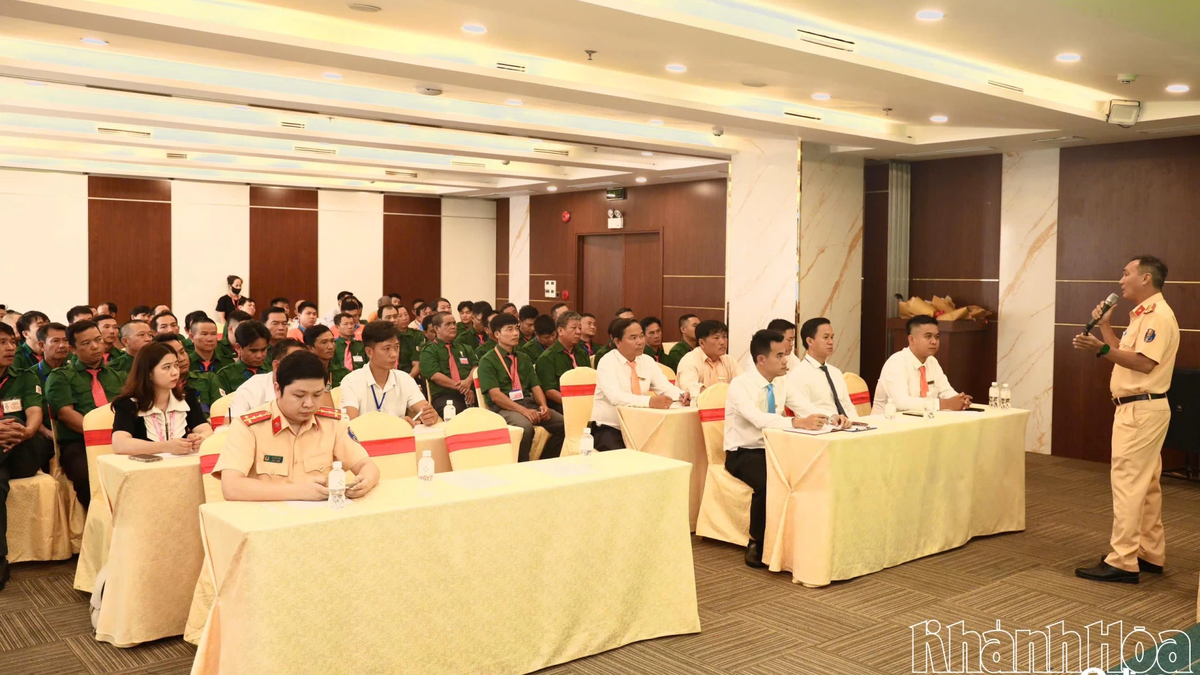

















![[Photo] General Secretary To Lam attends the 80th Anniversary of the Government's Founding](https://vphoto.vietnam.vn/thumb/1200x675/vietnam/resource/IMAGE/2025/8/20/3375b78559fa4d558776197d684b8356)

![[Photo] General Secretary and Prime Minister visit the National Exhibition and Fair Center](https://vphoto.vietnam.vn/thumb/1200x675/vietnam/resource/IMAGE/2025/8/19/f4503ad032d24a90beb39eb71c2a583f)
![[Photo] General Secretary To Lam attends the inauguration and groundbreaking ceremony of 250 projects to celebrate National Day](https://vphoto.vietnam.vn/thumb/1200x675/vietnam/resource/IMAGE/2025/8/19/3aa7478438a8470e9c63f4951a16248b)

![[Photo] Politburo works with the Standing Committee of Da Nang City Party Committee and Quang Ninh Provincial Party Committee](https://vphoto.vietnam.vn/thumb/1200x675/vietnam/resource/IMAGE/2025/8/19/b1678391898c4d32a05132bec02dd6e1)


![[Photo] President Luong Cuong's wife and Queen of Bhutan visit Tran Quoc Pagoda](https://vphoto.vietnam.vn/thumb/1200x675/vietnam/resource/IMAGE/2025/8/19/62696af3852a44c8823ec52b03c3beb0)












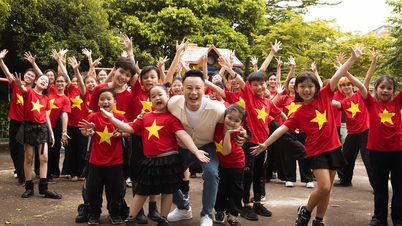




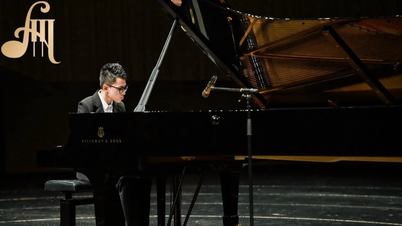





![[Maritime News] Maersk announces positive results in the first half of 2025](https://vphoto.vietnam.vn/thumb/402x226/vietnam/resource/IMAGE/2025/8/20/d9f3704e9e8647a0ade1f6e2309d75d1)









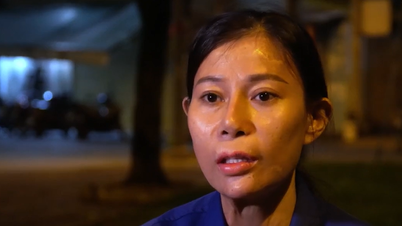










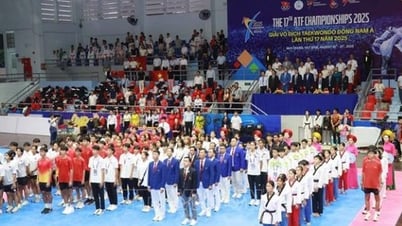











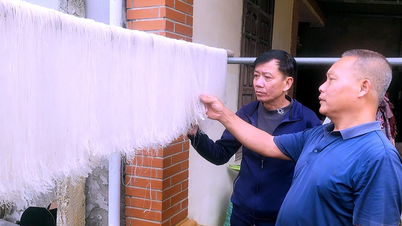



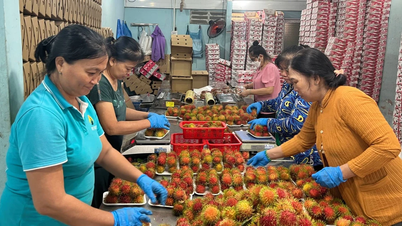






Comment (0)